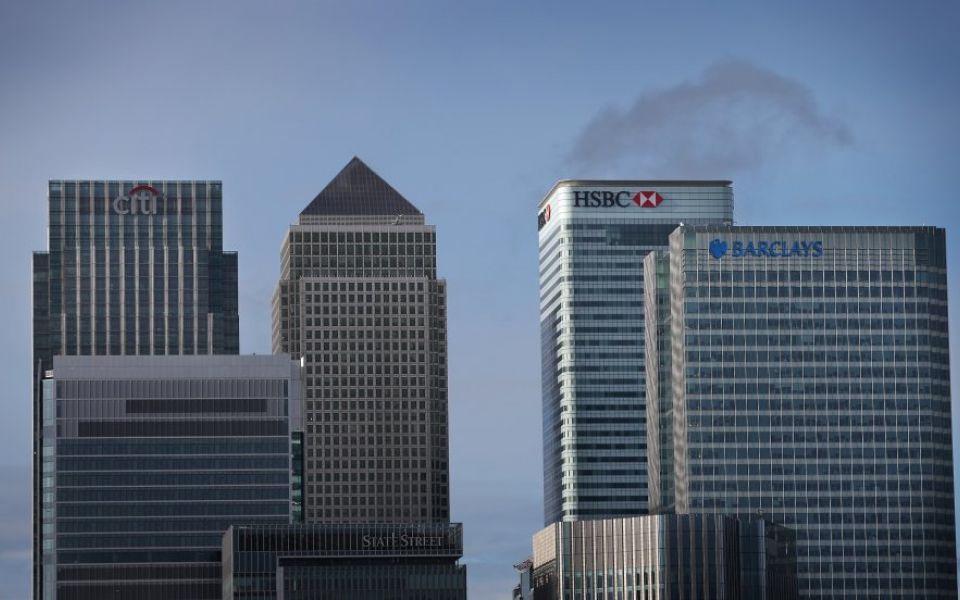Bosses of Citi, JPMorgan and Barclays slam equivalence as “‘insufficiently load-bearing’ for post-Brexit financial services trade

Banking bosses have stressed that the government must push for a vastly improved equivalence regime, warning that the current system is "insufficiently load-bearing".
Speaking before MPs of the Treasury Select Committee this morning, executives from Barclays, Citigroup and JPMorgan said they were already implementing their no deal contingency planning to ensure they were able to trade from day one in a worst-case scenario.
But while they were hopeful that this would not ultimately be required, there were question-marks over the government's decision to pursue an "expanded equivalence" regime, rather than the City's preferred route of mutual recognition.
"Enhanced equivalence, for it to be of value to financial services sector, would have to be as close to passporting as possible," Barclays Ireland chief executive Kevin Wall told MPs.
Mark Garvin, vice chairman of JPMorgan Corporate and Investment Bank, agreed with Wall, saying: "Equivalence regime was not designed for these circumstances… this was designed for other centres where the volume of activity and interconnectivity pales into insignificance compared to the case of London and EU27."
The current equivalence regime is "insufficiently load-bearing", Garvin added. "Something more bespoke will have to be put into place to give us the opportunity to serve clients for what is going to remain the largest financial centre in this part of the world," he said.
Asked by Dover MP Charlie Elphicke if they were surprised by the lack of a "stronger pitch" in the government's Brexit white paper, James Bardrick, the head of Citi UK and chief executive of Citigroup Global Markets, said: "We were disappointed that mutual recognition was not pursued… it seemed the most robust [approach]."
However, he added that it's "not for us" to say what should be done. "We are but one industry, albeit a very important one when you think about the knock-on effects to the rest of the economy," he said.